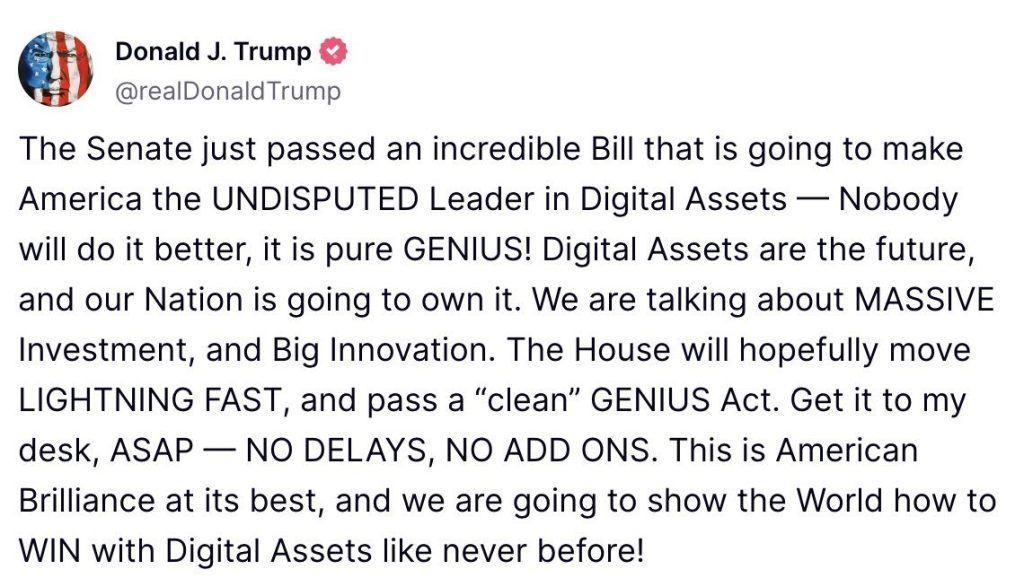Stay informed with free updates
Simply sign up to the Oil myFT Digest — delivered directly to your inbox.
Crude prices surged to as high as $89 a barrel on Monday over concerns that Hamas’s attack on Israel will increase tension across the Middle East and affect output from leading oil producers.
Brent crude, the international oil benchmark, jumped as much as 5.2 per cent in early trading in Asia before pulling back to be up 2.7 per cent at $86.87.
Israel is not an oil producer, but there are concerns the conflict could trigger wider uncertainty in the region and lead to tougher enforcement of sanctions on oil from Iran, whose foreign ministry backed Hamas’s actions as an act of self-defence.
The conflict could also complicate efforts by the Biden administration to broker a deal with Saudi Arabia to normalise ties with Israel, which could also affect the kingdom’s willingness to raise its oil output.
“The Israeli government is vowing an unprecedented response and it is hard to envision how Saudi normalisation talks can run on a parallel track to a ferocious military counteroffensive,” said Helima Croft, head of global commodity strategy at RBC Capital Markets.
The White House has adopted a “soft approach” to enforcing sanctions on Iranian oil production, she added, but this would be “difficult” to maintain if Israel accuses Tehran of providing support to Hamas.
Pierre Andurand, a hedge fund manager who specialises in energy trading, said while there was little immediate threat to supplies, the market could tighten.
“Over the past six months we have seen a very large increase in Iranian supply due to weak enforcement of sanctions,” he wrote on social media site X, formerly Twitter. “There is a good probability that the US administration will start enforcing those sanctions on Iranian oil exports more tightly.”
The gains followed a report in The Wall Street Journal citing claims from senior members of Hamas that officers of Iran’s Islamic Revolutionary Guard had helped plan the militant group’s surprise attack on Israel.
US officials have yet to confirm any such connection, and on Sunday US secretary of state Antony Blinken told CNN that “we have not yet seen evidence that Iran directed or was behind this particular attack”.
“Our point of concern is very much around oil supply and exports out of Iran,” said Vivek Dhar, mining and energy commodities analyst at Commonwealth Bank of Australia.
Dhar said US confirmation of the Revolutionary Guard’s involvement in the attack would spur more vigorous enforcement of existing sanctions on Iran, which have been weakly enforced this year due to concerns about high fuel prices. That could push Brent above $100 a barrel, he added.
“If we do see blame assigned by the US to Iran for this we could see a lot of this year’s increase in Iran’s oil exports reversed,” Dhar said. “The impact on the market would be about 0.5 to 1 per cent of global supply — that is sizeable.”
Credit: Source link











